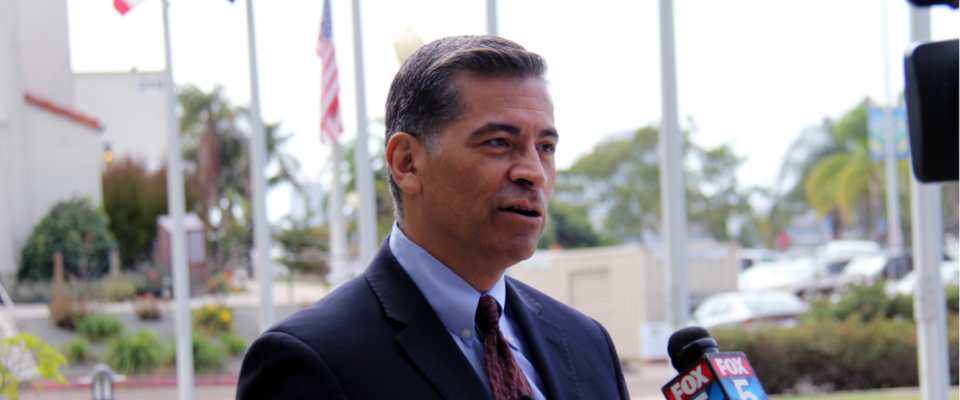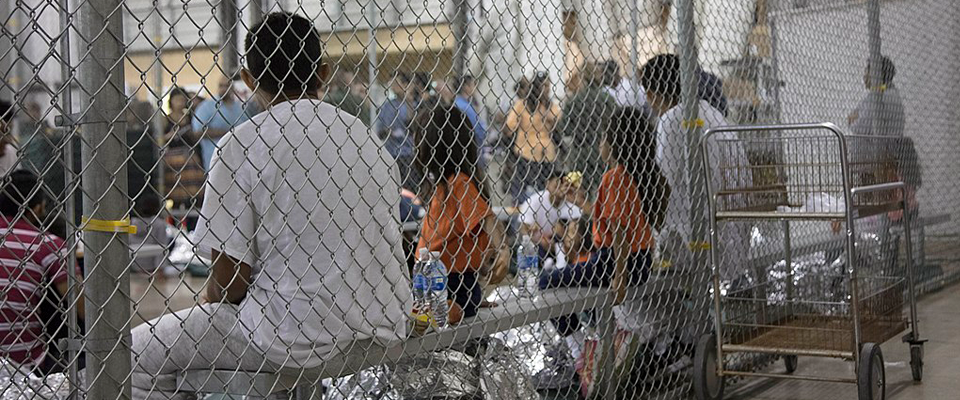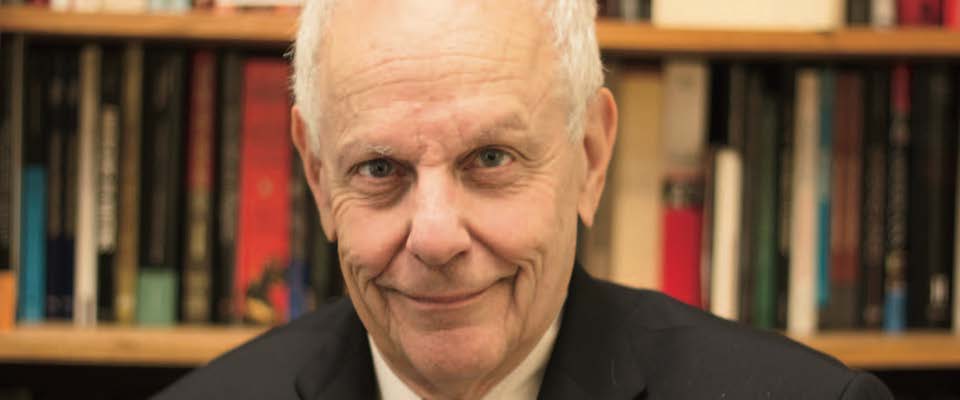Last week, Immigration and Customs Enforcement (ICE) agents raided 77 Northern California businesses, in what’s being called the largest localized ICE sweep since Trump was elected. So far, no one has been arrested.
In response to earlier rumors of impending ICE raids, California Attorney General Xavier Becerra held a press conference on January 18 in which he reminded Californians of the Immigration Worker Protection Act, which took effect on January 1. Under the new law, employers are required to ask immigration officials for a warrant before allowing them on work sites. Additionally, they are barred from sharing confidential employee information without a subpoena.
Becerra, the state’s top law enforcement official, added that his office would enforce the new law, with employers facing fines of up to $10,000, and that ignorance of the law would not be an excuse.
“It’s important, given these rumors that are out there, to let people know—more specifically today, employers—that if they voluntarily start giving up information about their employees or access to their employees in ways that contradict our new California laws, they subject themselves to actions by my office,” says state Attorney General Xavier Becerra at the conference. “We will prosecute those who violate the law.”
But is that legal? Not according to Berkeley legal experts John Yoo and Jesse Choper.
California state police officers are fully within their rights to not help ICE. But neither the state or any private citizen can directly interfere with federal law. That’s obstruction of justice, says Yoo.
“States don’t have the power to interfere with federal operation,” says Yoo, UC Berkeley constitutional law expert, former appointee of the George W. Bush Administration, and author of the controversial Torture Memos. “If the state is trying to prevent people from obeying federal law, they might be committing obstruction of justice—which is a crime.”
As a sanctuary state, California can take a hands-off approach, says Yoo; California state police officers are fully within their rights to not help ICE. But (and it’s a big BUT), neither the state or any private citizen can directly interfere with federal law. That’s obstruction of justice, he says. And Becerra explicitly telling private citizens that they can’t obey federal law or else, strikes Yoo as pretty darned unconstitutional.
Former Berkeley Law dean and constitutional scholar Jesse Choper largely agrees. “For California to pass a law to regulate private citizens, telling them that if they follow federal law they’re in violation of state law—that is very different than the state simply saying, ‘We’re not going to enforce [the federal government’s] law. If you want to [enforce] it, do it yourself.’ That’s a major step that I do not think is within the state’s power.”
Under the law, private citizens and employers can legally comply with federal agents if they choose to, and states aren’t allowed to punish them for doing so.
Yoo says that the state penalizing its private citizens for doing something legal—i.e., cooperating with federal law enforcement—doesn’t seem to be the best way to take a stand against ICE.
“There’s a lot of ways that [the state] can signal disapproval for federal immigration law, but trying to fine people who obey the federal government is one of the dumber ways to do it,” Yoo says. “They’re going to put all of these businesses and people in California in legal jeopardy.”
And, when push comes to shove, things are not likely to end well for California, says Yoo.
The Constitution has a supremacy clause stating that federal law is the “supreme law of the land,” meaning federal law largely trumps state law, says Yoo—and that would be a huge argument in favor of an employer vs. the state.
“Say the state attorney general’s first decision is to sue Chevron for violating the law. Chevron’s defense will be, ‘You can’t enforce this law against us because we’re obeying federal law, federal law is supreme over state law,’” says Yoo. “Chevron could also say, ‘Well, since you’re fining us, we’re just going to move more resources and employees out of state so we’re not put in this conundrum of violating state law.’ It’s just another incentive for people and businesses to leave [California].”
For his part, Choper says that employers could easily refuse to fork over a $10,000 fine and, instead, take the case to the courts.
Or they could ask the federal government to sue California preemptively, says Yoo, which the Trump administration would probably do. “It’s politically stupid too, because it just gives the Trump administration an easy, legal win over the state of California,” he says.
Recent raids could be a “retributive move by ICE to punish California and the Bay Area for their decision to not cooperate with other federal enforcement efforts.”
At least one state legislator is already calling for Becerra to be arrested. Travis Allen, a Huntington Beach Republican assemblyman given to overheated rhetoric, told Fox News, “You’re looking at the attorney general literally, criminally trying to obstruct justice. He’s crossed the line; this is now a criminal offense. The Department of Justice needs to come, [Jeff] Sessions and Trump need to come to California, literally arrest—indict—Xavier Becerra for breaking federal law.”
Some commentators are suggesting that Becerra’s press conference may have triggered ICE to bring down the hammer last week.
In an interview with the online mag OXYGEN, Santa Clara University law professor Pratheepan Gulasekaram says that the recent raids could be a “retributive move by ICE to punish California and the Bay Area for their decision to not cooperate with other federal enforcement efforts.”
Choper says it’s possible that the raids could be “retributive,” but he’s doubtful that the Supreme Court would ever find them to be.
“You’d have to prove [ICE’s] motivation for doing all of this, and that’s going to be difficult to prove,” Choper says. “My instinct is that, if this case went all the way to the Supreme Court, [the Court] would take the view that it was not an issue it should decide.”
All this speculation unfolds amid the ongoing standoff between the Trump administration and California, which some have dubbed “the State of Resistance”—and a legal drama that may escalate to the Supreme Court.
Choper thinks a case on the legality of California’s threats to prosecute could well reach the highest court in the land.
“A state cannot be required by the federal government to enforce federal law, but if a state interferes when a private employer wants to comply with federal laws, that is a completely different issue. That goes way beyond what was held in any earlier court cases,” Choper says. “You can never say a case is definitely going to go to the Supreme Court—but it’s got a better chance than most.”




















